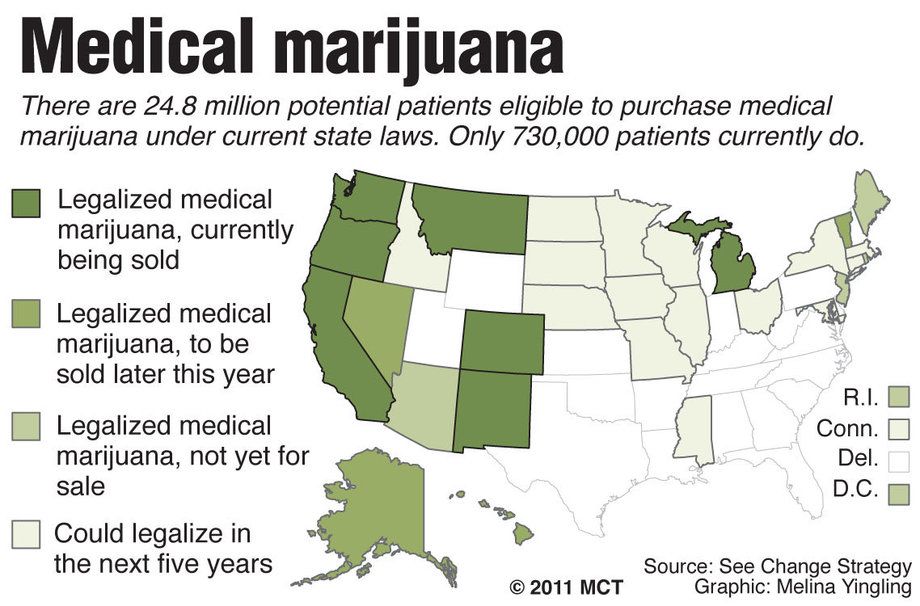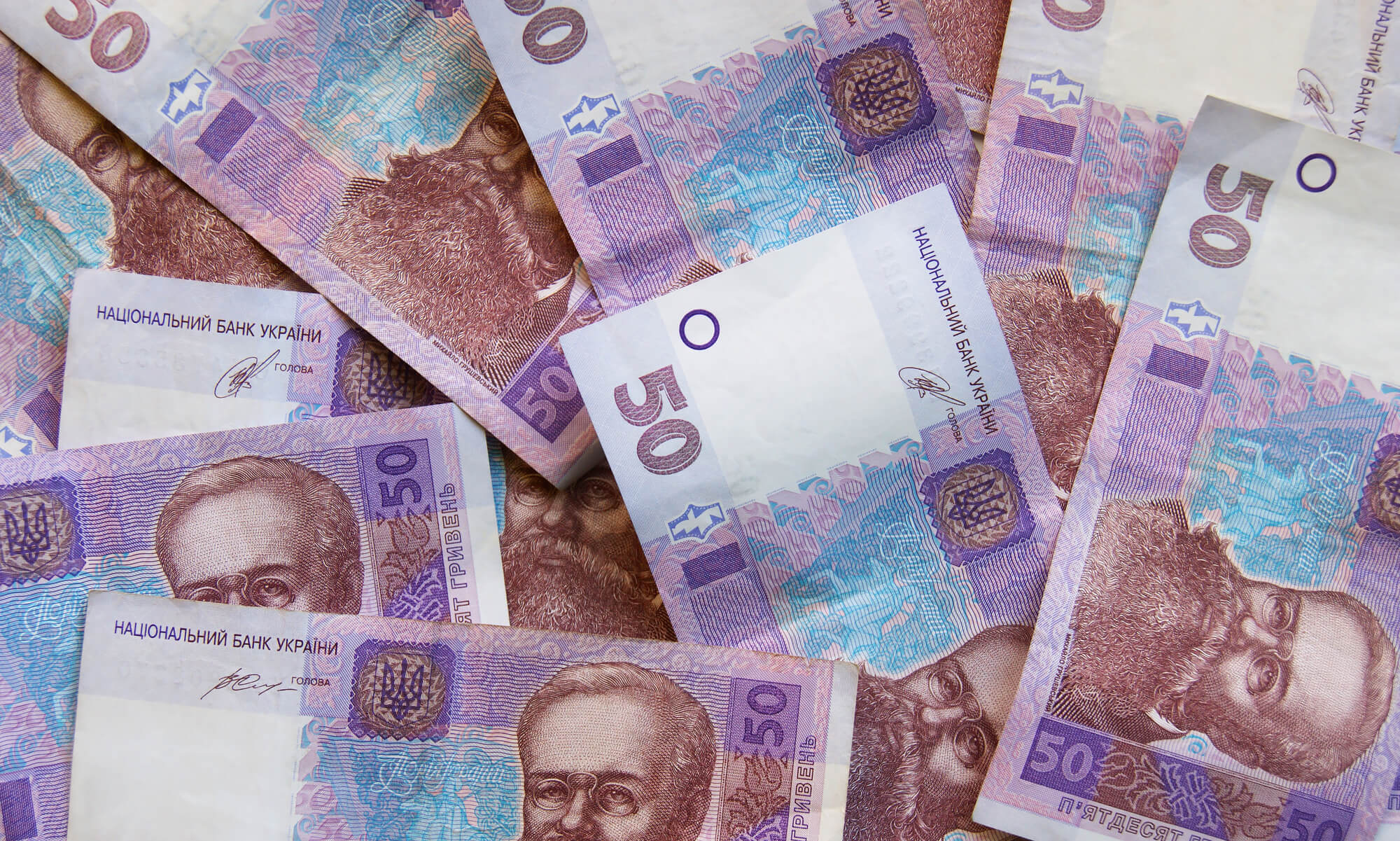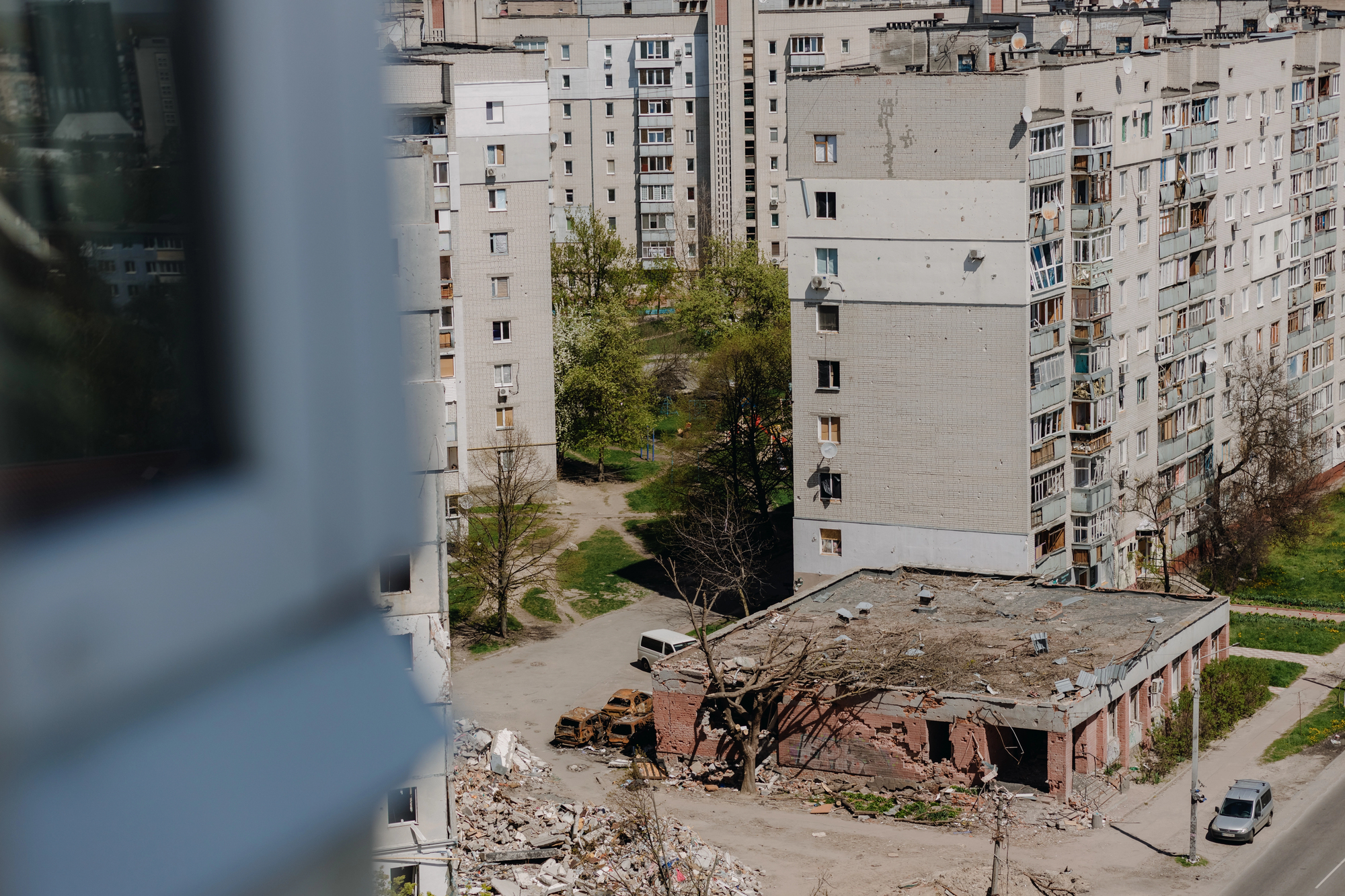As Ukraine is searching for methods to remedy its economy, some new and even unconventional ways of generating revenues could be considered. The tendency of the cannabis policies around the world and especially in the developed countries is leaning towards legalization of cannabis for medical and, to a lesser extent, recreational use. According to Dr. Robert Morris, associate professor of criminology and lead author of the study published in the journal PLOS ONE, legalizing cannabis may reduce rates of homicide and assault. This finding would support the legalization of medical cannabis in Ukraine, where violent crime is on the rise and the current conflict area in Eastern Ukraine is flooded with arms.
As Ukraine is searching for methods to remedy its economy, some new and even unconventional ways of generating revenues could be considered. Ukraine is strong in agriculture, so studying the world demand for agricultural goods should be a part of the strategy to improve the economy. Priorities should be focused on the most cost effective and highest value crops. A new, although unconventional, industry to look at would be cannabis production for both domestic and foreign markets. Ukraine is already the world’s fourth largest producer of industrial hemp seed, although high THC-content cannabis is still criminalized.
All impacts should be included in a rational debate about cannabis policy. Social and possible health harm cannot be overlooked when implementing new cannabis laws. The tendency of the cannabis policies around the world and especially in the developed countries is leaning towards legalization of cannabis for medical and, to a lesser extent, recreational use.
Cannabis industry in less developed EU countries
In Albania, Koço Kokedhima, a businessman and MP from the Socialist Party, started a campaign calling for the legal cultivation of cannabis in Albania. “There is actually production of an important quantity of cannabis in the country. There are billions of dollars out there. This is reality,” Kokedhima said.
The Air and Naval divisions of the Albanian Finance Police released the results of months of air survey, which confirmed Kokedhima’s words about “billions of dollars”. The results speak of 500 cannabis plantations, accounting for an alleged production of 1,000 tons of cannabis, which reportedly have a retail value of 4.5 billion Euros. The United Nations Office on Crime and Drugs has reported that farmers in Albania are bulk-selling 1 kg of cannabis for 300 euros. According to another source, 2 kilos of cannabis sell for 300 Euros. A few mature plants (or a parcel of 4 square meters, according to the other data) yield 1 kg of production. In comparison, one ton of wheat earns 200 euros and require 1/3 of a hectare of land to grow.
Two years ago, Romania became the 10th country in EU to legalize cannabis for medical use. Legislative change will allow the Romanian Drug Agency to approve production of certain compounds of the plant which can help decrease pain, and reduce the frequency of seizures.
Economic benefits of legalizing/decriminalizing medical and/or recreational cannabis in the Netherlands and some states in the USA
- Dutch coffee shops are paying €400-million ($520-million) in taxes on gross sales of over €2-billion ($2.6-billion).
- Medical cannabis sales in California account for $1.2 billion, bringing 109 million dollars of tax revenues.
- Recreational and medical marijuana tax revenues in Colorado, after legalization of recreational use, are shown in the diagram below:
Interestingly, cannabis economy in the Netherlands is not necessary considered a success: since it is merely decriminalized for use in “coffee shops”, most of the profits go to illegal traffickers, rather than to tax revenue.
Economic advantages of legalizing cannabis for medical and/or recreational use include
- Revenue from grower/distributor license sales, retail sales taxation, advertising sales taxation, and also from saving money by cutting the number of inmates serving time for marijuana charges.
- Creation of numerous jobs and revenue-generating spinoff industries: shops, hemp-based cosmetics, fabrics, gardening equipment, and paraphernalia
- Relatively small investment that yields quick returns.
However, to have a positive economic impact, it is necessary to ensure that the legalization process takes place in a well-functioning legal environment. Tax evasion and other corrupt activities should be strictly prosecuted. Growing/distributing without the license should not be tolerated. Anti-monopoly policies could be used to reduce corruption. Acts of corruption by cannabis business inspectors should be reportable by the public. A clear and easy procedure for reporting corruption should be developed, and the public be made aware of the procedure. Without a well-functioning law-enforcement system the full economic benefit of legalized cannabis will not be realized.
Major therapeutic benefits of cannabis
The government of Ukraine will need to deal with a population suffering from war-related health and mental problems. These include clinical depression, PTSD, chronic pain, combat/assault-related disabilities, disruptive sleep patterns, hyperarousal, anxiety, anger management issues, violent episodes, alcoholism, abuse of hard drugs, etc. Cannabis use may help alleviate some of the medical and psychiatric problems.
- Researchers in the USA and several other countries have found evidence that cannabis can help treat PTSD. The findings of the study suggest that the connectivity within the brain’s fear circuit changes following trauma. The researchers concluded that administration of cannabinoids prevents this change from happening. While the research is preliminary, it does suggest that human trials should be conducted to examine cannabis as a treatment option for PTSD.
- Studies confirm that cannabis is an analgesic. Cannabis reduces chronic pain by changing the way the nerves function. Cannabis may help some patients who have limited relief from other remedies, but current cannabis formulations are unlikely to replace existing treatments. A 2009 review states it was unclear if the benefits were greater than the risks, while a 2011 review considered it generally safe for this use.
- Common conditions, afflictions and diseases that marijuana has been proven to help are Alzheimer’s, epilepsy, multiple sclerosis, glaucoma, arthritis, depression, and anxiety.
- Cannabis is proved to be safer than alcohol. It can also help people trying to cut back on drinking.
Cannabis could help to reduce alcoholism in Ukraine. It is worth mentioning that according to the research performed by ProjectKnow: Understanding Addiction, Ukraine is the world leader in alcohol related deaths. 34.4% of all deaths in Ukraine are related to alcohol consumption. Having recreational cannabis as a safer option may help to reduce deaths associated with alcohol consumption.
Cannabis as a substitute for hard drugs
Ukraine has one of the lowest annual cannabis consumption rates in the world: 2.1%. (Compare to the use of cannabis in USA: 14.8%, Canada: 12.2%, and Russian Federation: 3.5%.) Hard liquor and cheap injectable synthetic drugs are preferred to cannabis and are more available. Use of injection drugs drives up the number of people infected with HIV. The HIV/AIDS epidemic in Ukraine is one of the fastest growing in the world. As the number of new HIV cases in the general population is dropping, the number of the infected among injection drug users is growing.
Making cannabis more available than hard liquor and injection drugs may cause what is known as the substitution effect, when users shift from less available substance to more available. As example, in an examination of hospital drug episodes in 13 US states that decriminalized the personal recreational use of cannabis in the 1970s, it was found that users shifted from using harder drugs to cannabis after its legal risks were decreased. Findings from Australia’s 2001 National Drug Strategy Household Survey specifically identified the substitution effect, indicating 56.6% of heroin users substituted cannabis when their substance of choice was unavailable.
Legalization may reduce homicide, assault rates
According to Dr. Robert Morris, associate professor of criminology and lead author of the study published in the journal PLOS ONE, legalizing cannabis may reduce rates of homicide and assault. The study tracked crime rates across all 50 US states between 1990 and 2006, when 11 states legalized cannabis for medical use. Twenty states and Washington, D.C. have legalized cannabis for medical use since the study was concluded. According to Dr. Morris: “The main finding is that we found no increase in crime rates resulting from medical cannabis legalization. In fact, we found some evidence of decreasing rates of some types of violent crime, namely homicide and assault”.
This finding would support the legalization of medical cannabis in Ukraine, where violent crime is on the rise and the current conflict area in Eastern Ukraine is flooded with arms.
To summarize, possible positive effects of legalization of medical or/and recreational cannabis in Ukraine include reduction of violent crime, medical benefits, new jobs creation, reduction in the consumption of hard alcohol and use of injection drugs and, as a result, reduction of the number of new HIV cases among injection drug users. These advantages may have an indirect economic effect, as they may help to save money on law enforcement, reduce expenses on financing of HIV treatments and increase well-being of those who are using cannabis for medicinal purposes. However, direct and considerable economic benefit from tax revenues cannot be expected, because of corruption and tax evasion that are common for Ukraine. Full economic potential of cannabis legalization can only be attained under condition of well-functioning law-enforcement system.
Attention
The author doesn`t work for, consult to, own shares in or receive funding from any company or organization that would benefit from this article, and have no relevant affiliations





